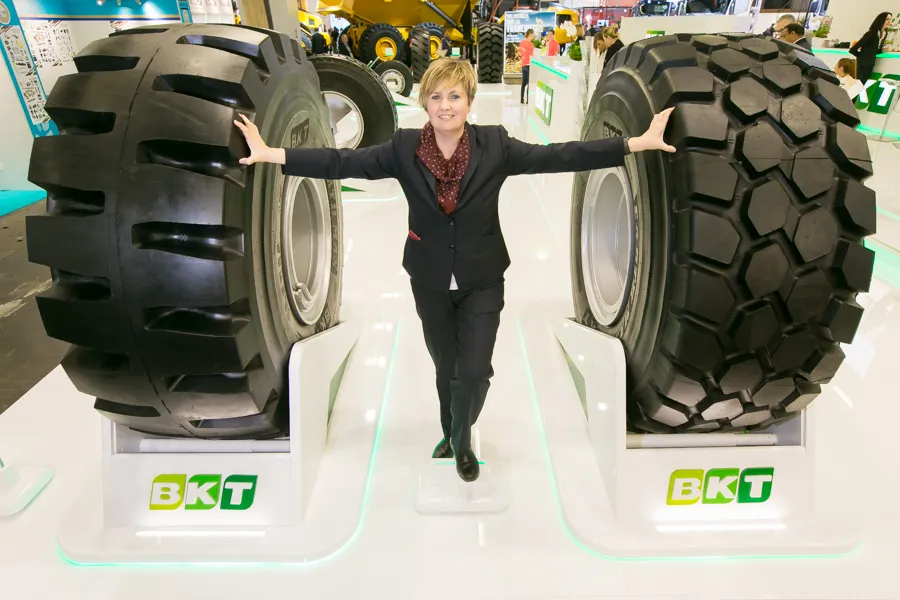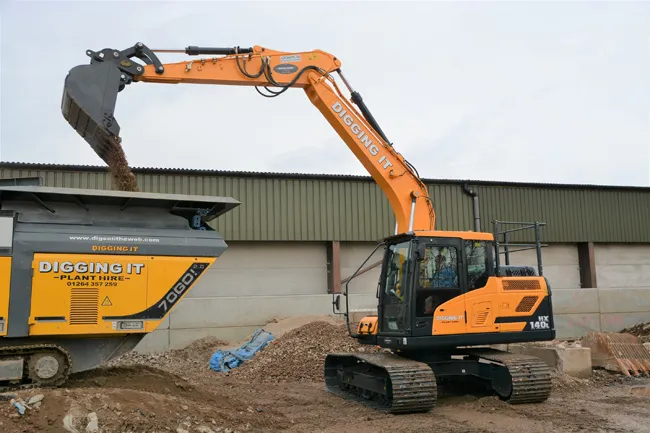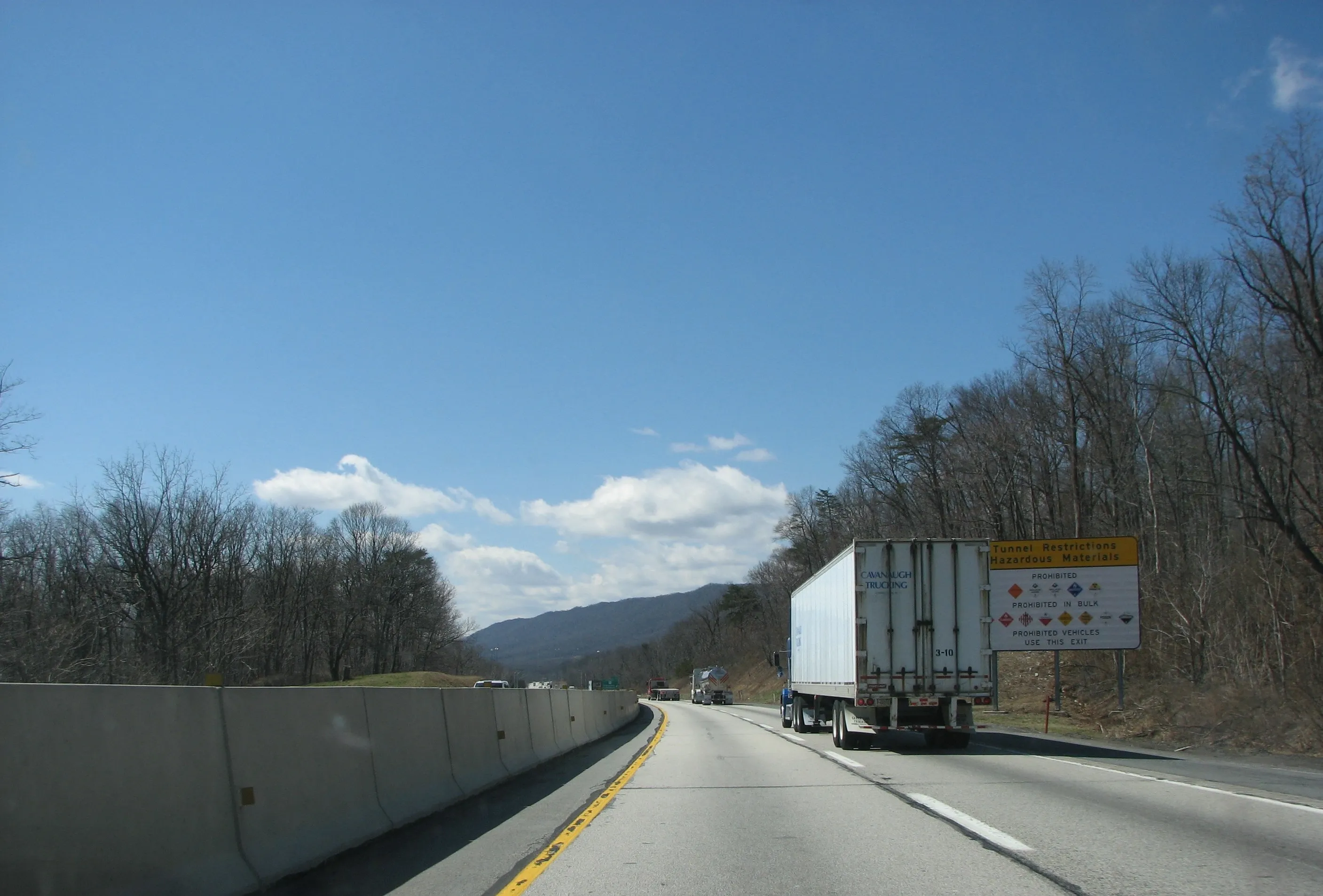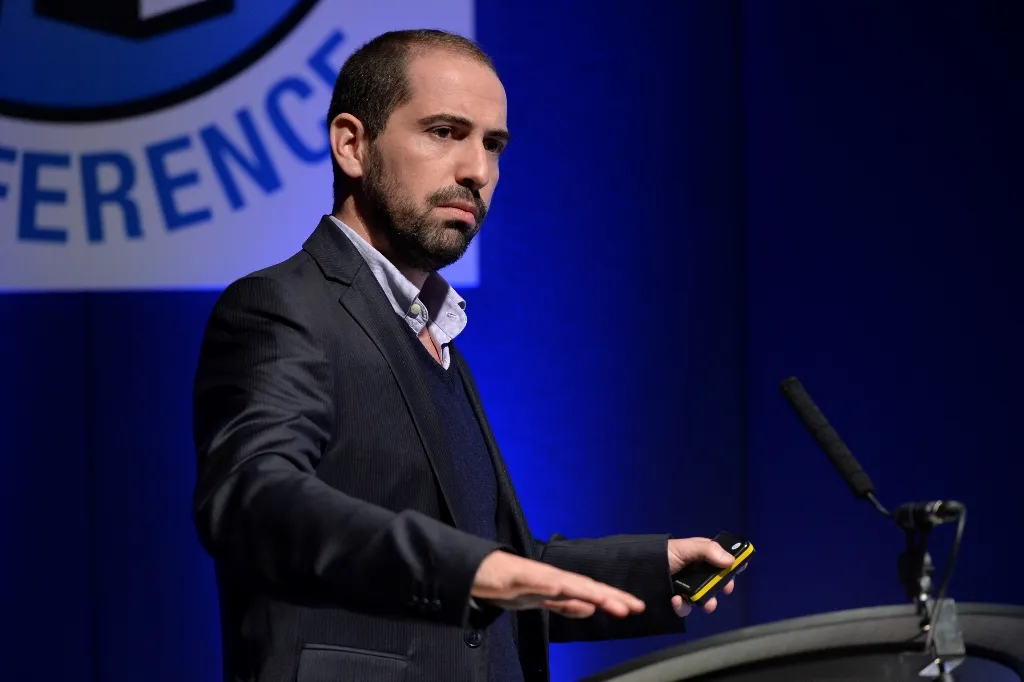
The Indian global tyre manufacturing giant showcased three products from its well-established range of hard-wearing tyres, all renowned for their highly resistant all-steel structure.
Earthmax SR 53 is designed for loaders and dozers operating on rocky terrain; Earthmax SR 31 is a tyre that has been specially engineered for rigid dumpers and wheeled loaders; and the Earthmax SR 50, designed for loader loading and levelling applications, features an extra deep and aggressive, L5-classified tread.
All three Earthmax tyres are being exhibited in size 26.5 R 25.
Gabriella Usiello, BKT marketing & communication manager, said the company had been delighted with the success of the Earthmax range over the past decade. “We spend a lot of time talking to customers to make sure we produce the right Earthmax tyres for their applications. All our tyres are produced in our factory in Bhuj, India, so we can ensure they have uniform high quality. Each one undergoes more than 500 quality checks during production. We supply Earthmax tyres to many leading OEMs, such as Caterpillar.”
Usiello said BKT was also very focused on providing tyres for machines in the growing materials recycling sector.









